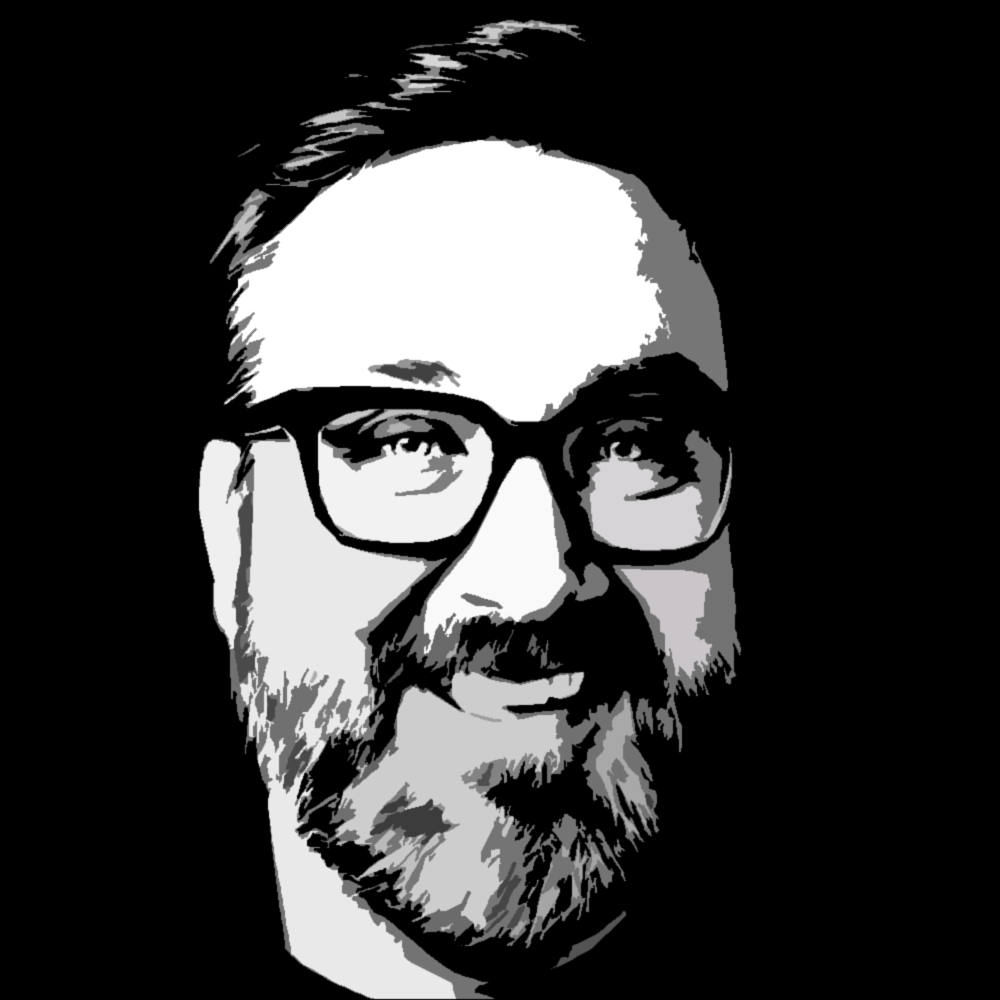My Write the Docs Interview Circa 2019
Here’s a fun one. I just rediscovered my interview with Write the Docs from 2019. I was honored to be included in the company of really smart tech writers and share my story of how I got into the field.
A lot has changed since this interview, but it still paints a great picture of why I enjoy the work. You can view the interview on WTD’s site, but I’ve pasted the full-text below (with two small updates to my WTD Slack username and the current PDX tech writing program URL).
Write the Docs Interview with Aaron Thayer
Aaron is technical writer who has done work writing for both software and healthcare. Since finishing his master’s degree, he has been a technical writer for 4 years.
Key takeaways
- Technical writing skills are broadly applicable and can be used for roles that may not explicitly have “technical writing” in the title.
- Connecting with other writers opens you up to career and learning opportunities that may not be otherwise available.
What is the story of your technical writing career so far?
I used to help my dad, who worked in sales. I would write project plans and proposals—almost grant-style writing. I did that without knowing it was a genre of writing or knowing what technical writing was. Later, I got a degree in journalism. When I graduated, it was 2008, and the recession had just hit. I had a hard time finding a journalism job, so instead I took a job doing technical support. And then I did technical support for about 4 years, managed some teams. I did some writing too, but it was mostly knowledge base work as an agent and then as a manager. And then, as I was looking to kind of get back into a writing career using my creative skills, I looked locally and saw that at Portland State University there was a master’s in professional and technical writing. I then read up about technical writing, again which I’d never really heard about. I assumed that it was, stereotypically, all about writing machine manuals—that old way of thinking. But I found that it actually sounded really cool, writing about technology and helping end users or developers. I applied for the program, got in, and then graduated. Since then, I’ve worked for a couple of different companies in Portland.
I didn’t get an exact title of technical writer for my first role. My wife, girlfriend at the time, was working for a local health care technology startup. She was in the human resources department, and she suggested I apply for this new job, which was essentially related to filing documentation for the local Oregon health insurance department to allow this healthcare company to sell insurance. I applied, and I hadn’t even finished the program yet when I got the job. I was in the last quarter of the program, so I finished up the final few classes while I started job. That job quickly turned into more traditional technical writing, because they realized I had the skill set. I got lucky in that I joined a small startup for one type of job, but was able to quickly pivot to doing more technical writing work.
What was that first role like writing for healthcare?
Looking back, what would have been good for me to know before the master’s program, or before entering the job market, that this kind of writing is a broadly applicable skillset beyond the more typical technology startup roles that you usually see. What I came across in this first role after the master’s program was room to use the technical skills that I learned for the professional writing I now had to do. I was doing things like creating policy documents, user handouts, user comms, UX communications, and copy for the app that we had. I was doing these things even though I wasn’t embedded with the technology team in a more traditional technical writer way, like I am now. My role wasn’t focused on the software part of this startup. I was on the operations and compliance team. My focus was on creating documentation for health care insurance buyers. But it was still creating all of the, practically speaking, user guides for a healthcare product.
How does the work that you are doing now writing for software compare to the work you did writing for healthcare?
In the company that I’m at now, I’m working on a software development team. I am embedded with project engineers and product developers. Comparing that prior experience, being at a healthcare company, is interesting. That work was creating an insurance plan from the ground up and trying to sell that to “users.” What I learned was that skills from a journalism degree are essentially some of the same skills that are used for technical writing, being able to reduce complexity and being able to communicate complex subjects. Those skills ended up being just as applicable working in the healthcare space where, from day one, I had to learn a bunch of rules and regulations that I had never known before. I was told, “Here are the regulations for Oregon healthcare, and here’s what our competitors are doing with their insurance plans, so file the documentation and make sure that we’re being compliant.” That was the original role. I framed that as being the one to create the big user policy documentation and our user communications. I even gave some of the support teams content that they would use when clients and customers would call in and ask questions about their healthcare. In that respect, it feels very much similar to what I’m doing now with technology. But now the focus is on the API spec or how many users are using this feature on the platform versus another.
What advice do you have for aspiring technical writers looking to break into the field?
I would encourage new writers to take advantage of any networking resources available to you. Most of them are free. It takes nothing but your time and some social interaction. I finished my master’s about four years ago, and I hadn’t even heard about Write the Docs until last year. While working on my master’s, I really didn’t take advantage of the local programs, meet-ups, or other things that would have widened my network of writers. It’s great to be around people who care about the same stuff you do. As soon as somebody gets exposed to something like Write the Docs, their whole world expands, and they’ll learn about the opportunities that they may have never been aware of. Going back, if I had known about, and taking advantage of, just some of the local networking opportunities I passed by, I’d probably be a little further along in my career, or at least have obtained some of the knowledge that I’m trying to learn right now.
Aaron goes by aaron on the Write the Docs Slack group. You can find him in the #static-site-generator and #confluence channels.

